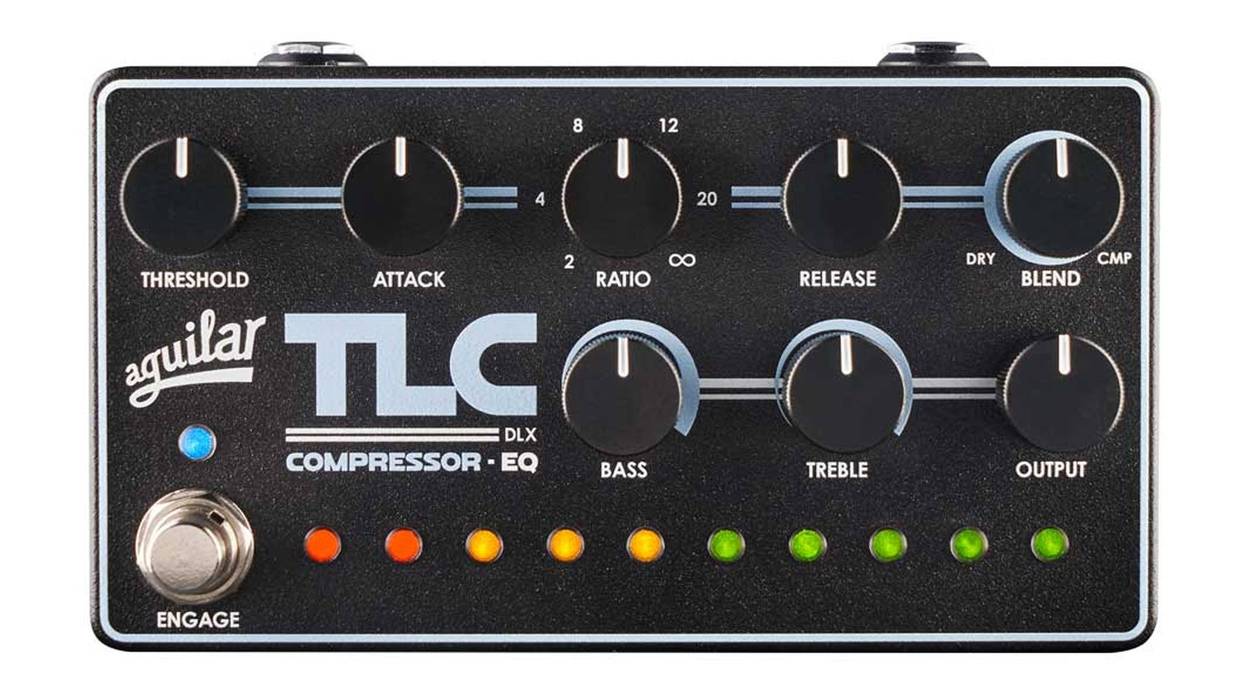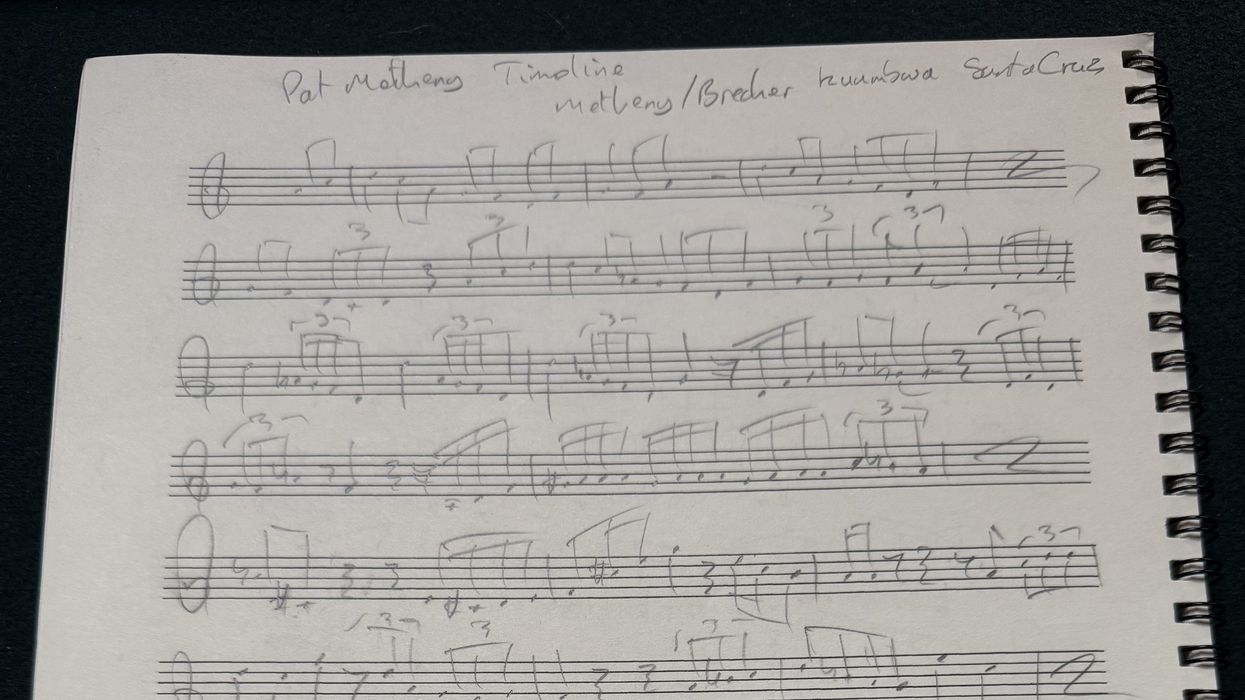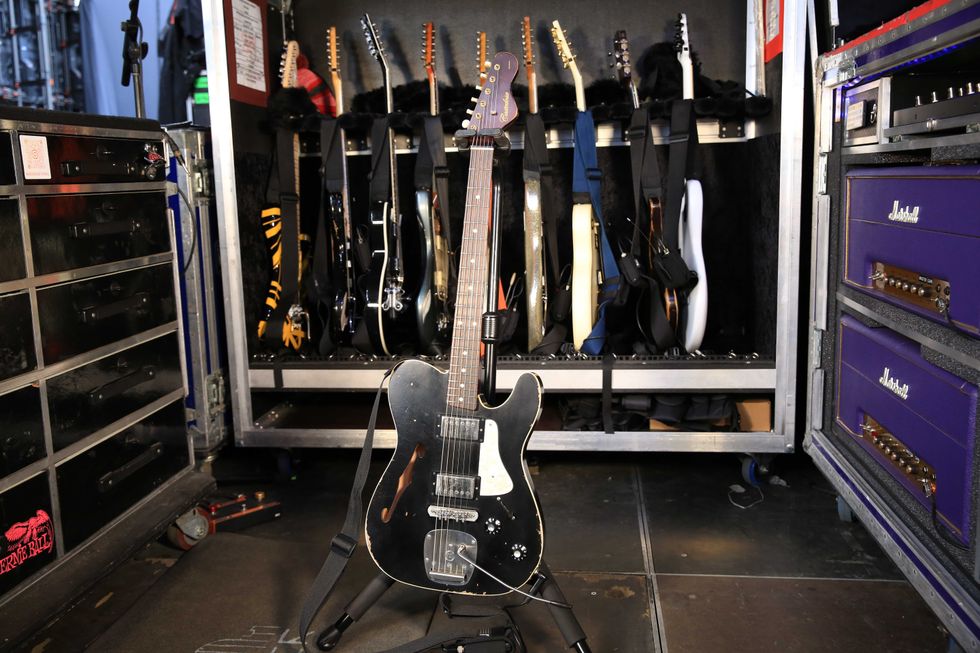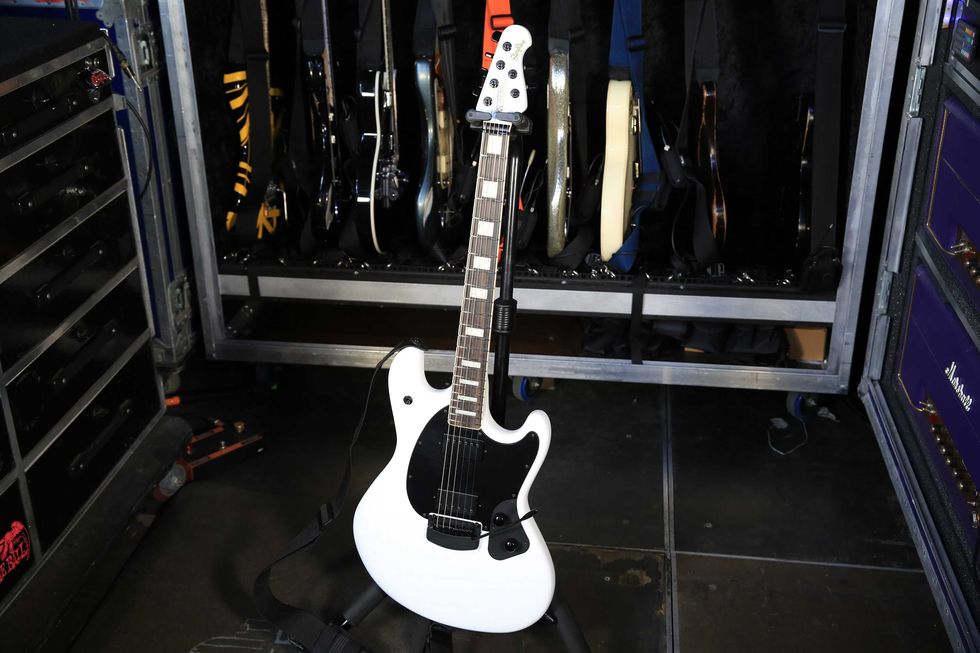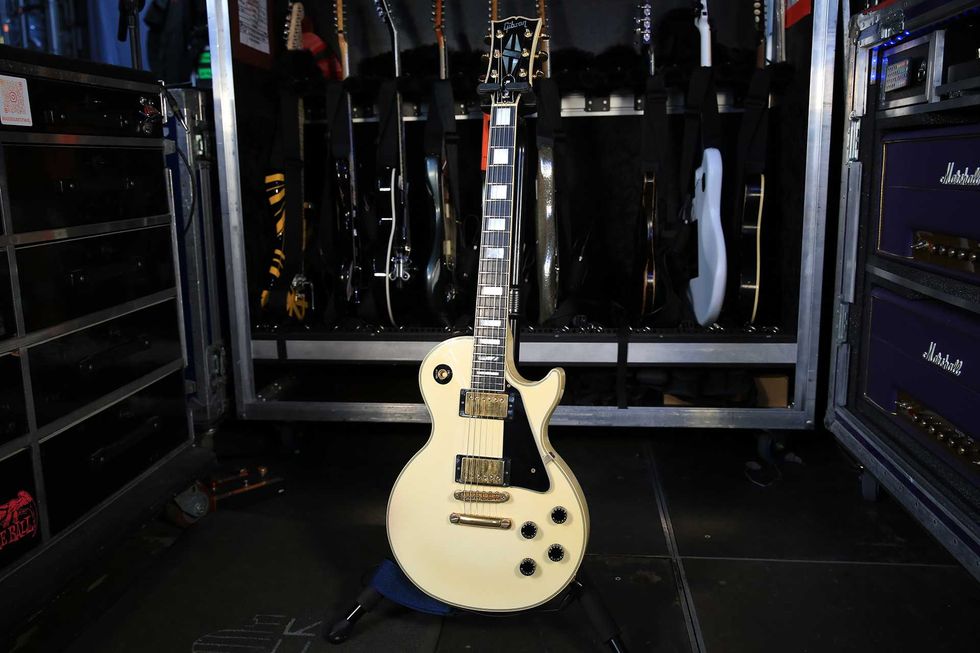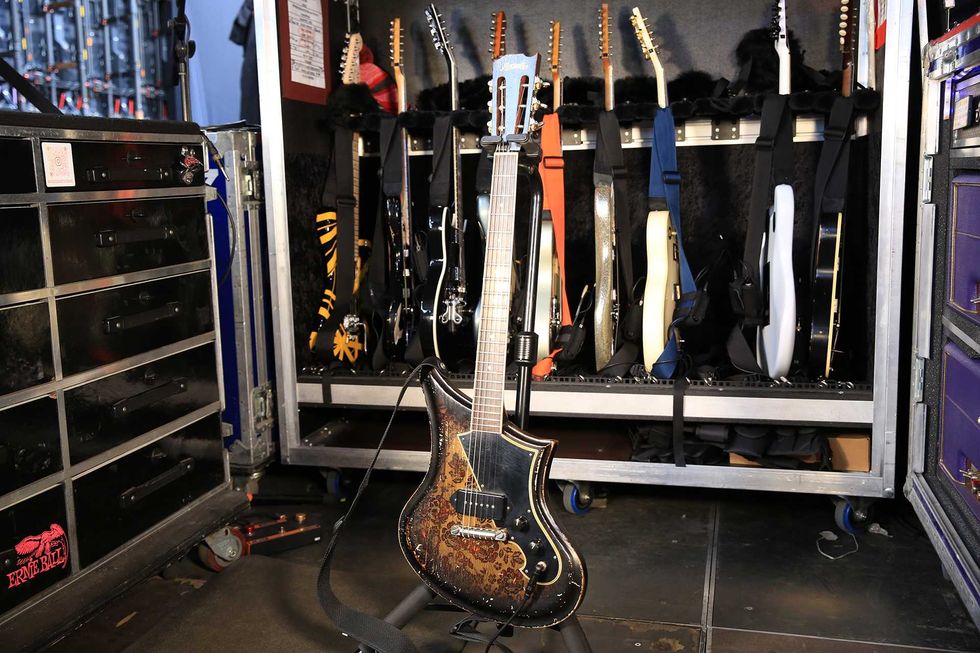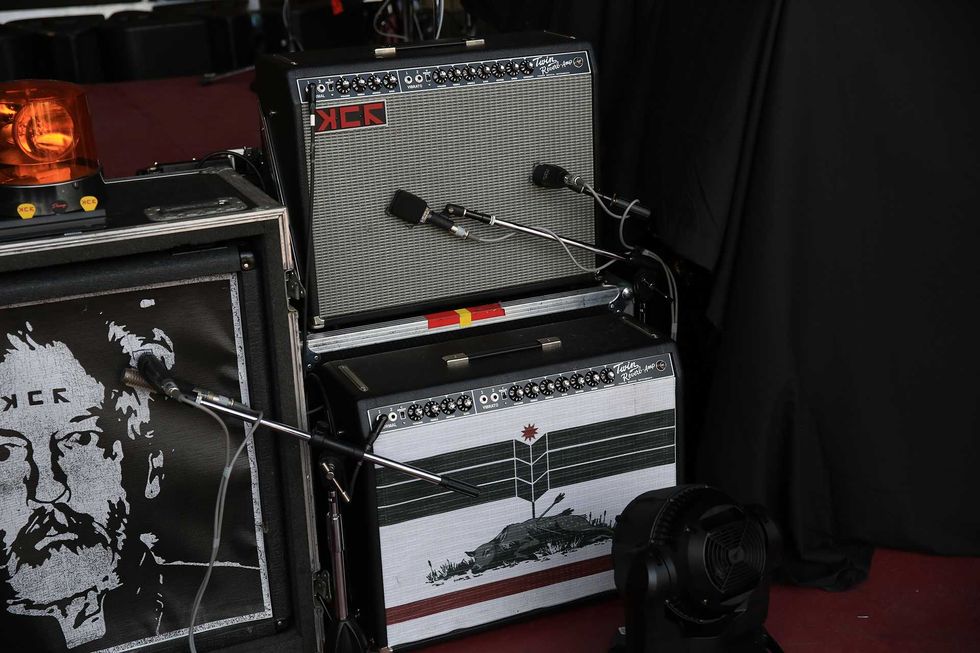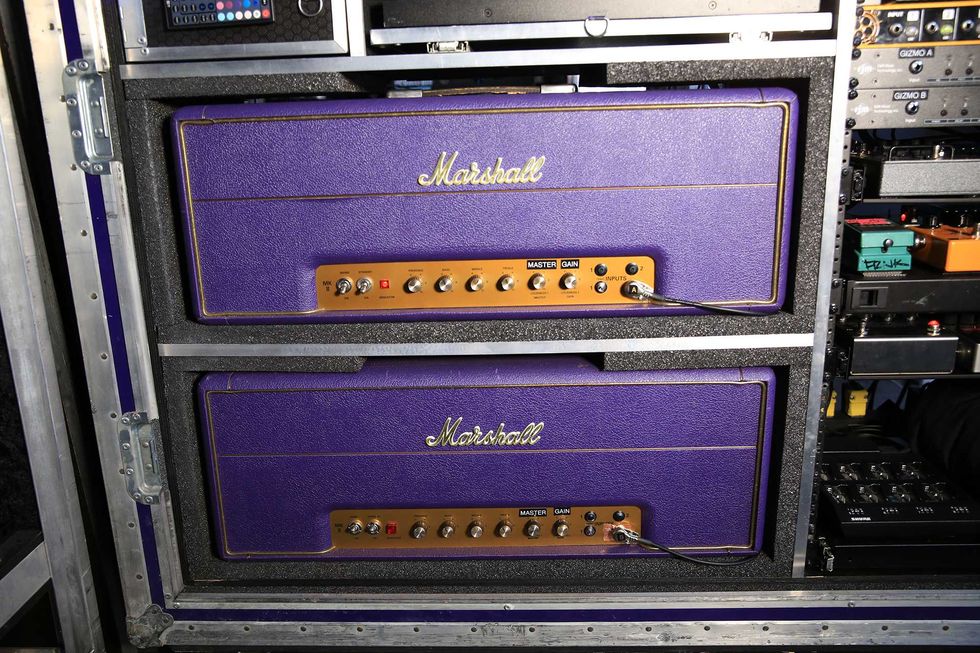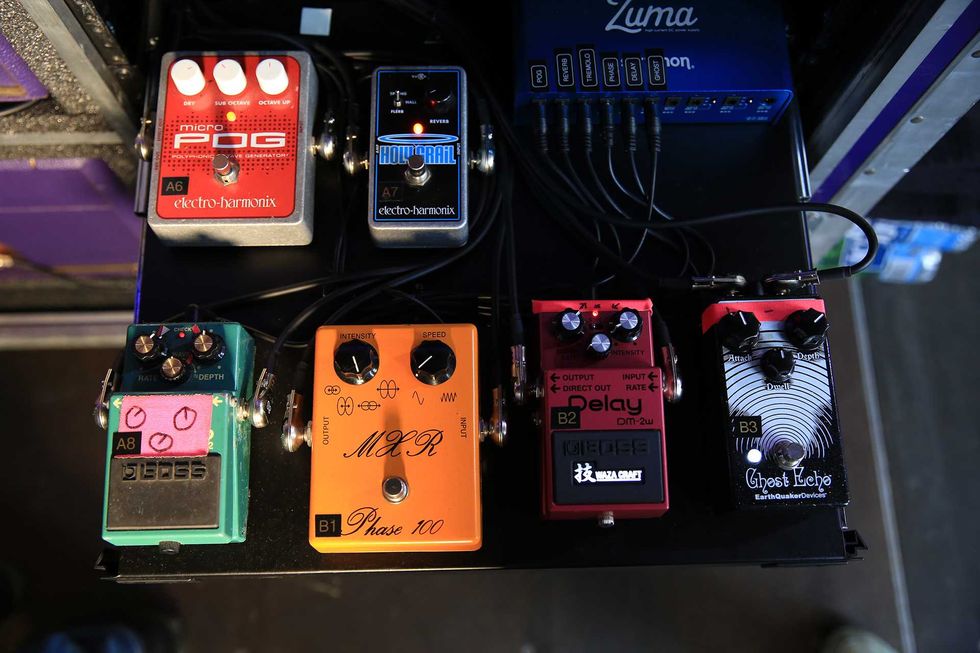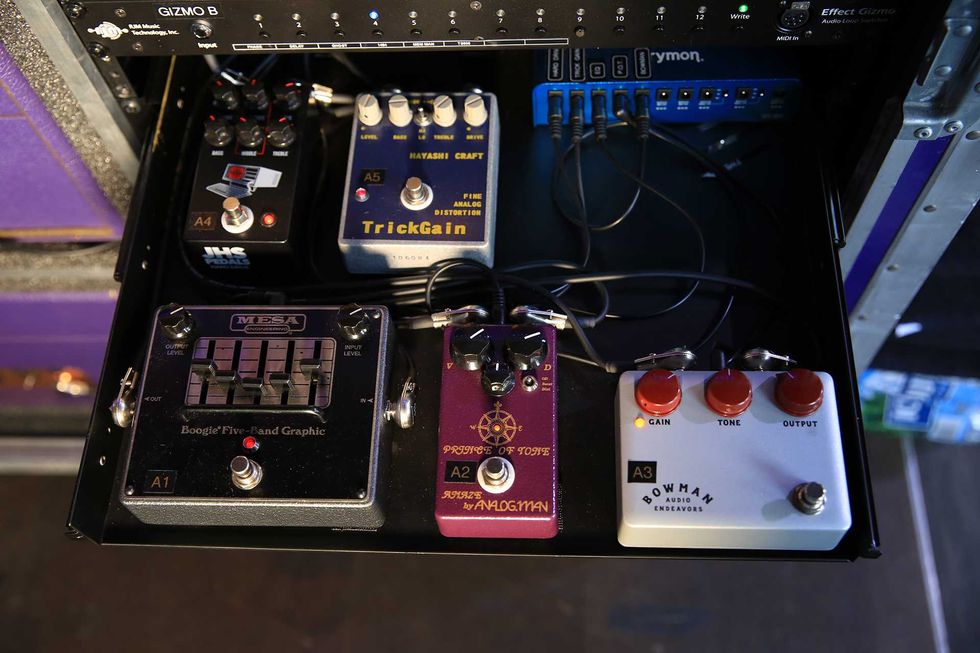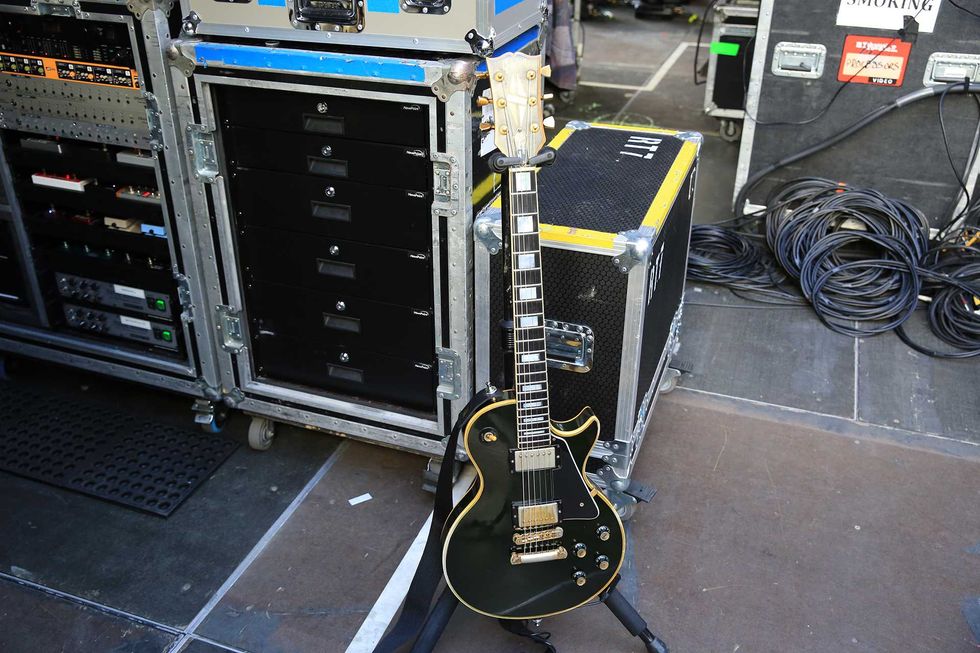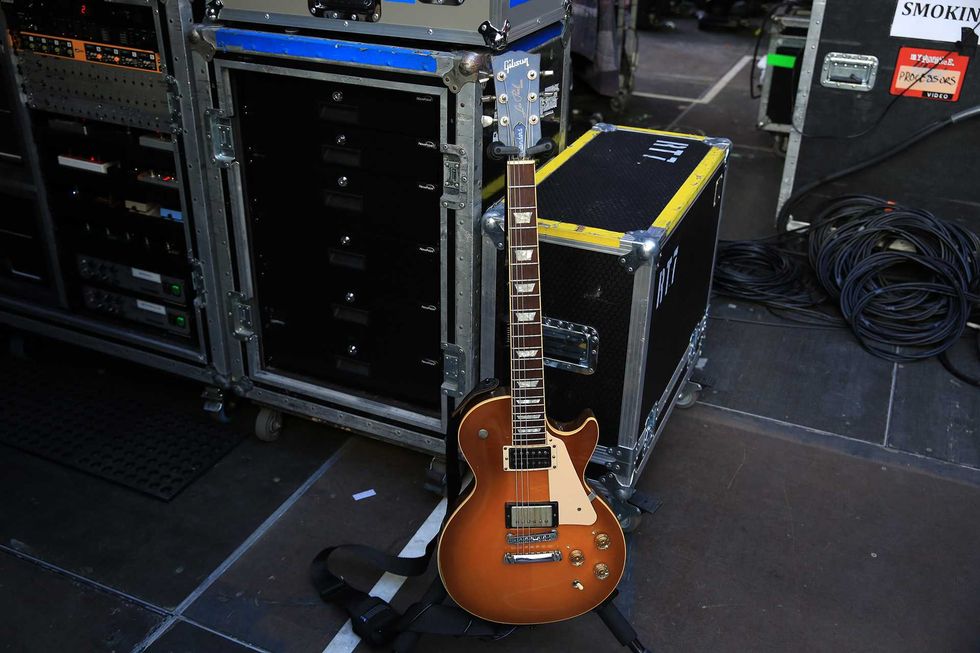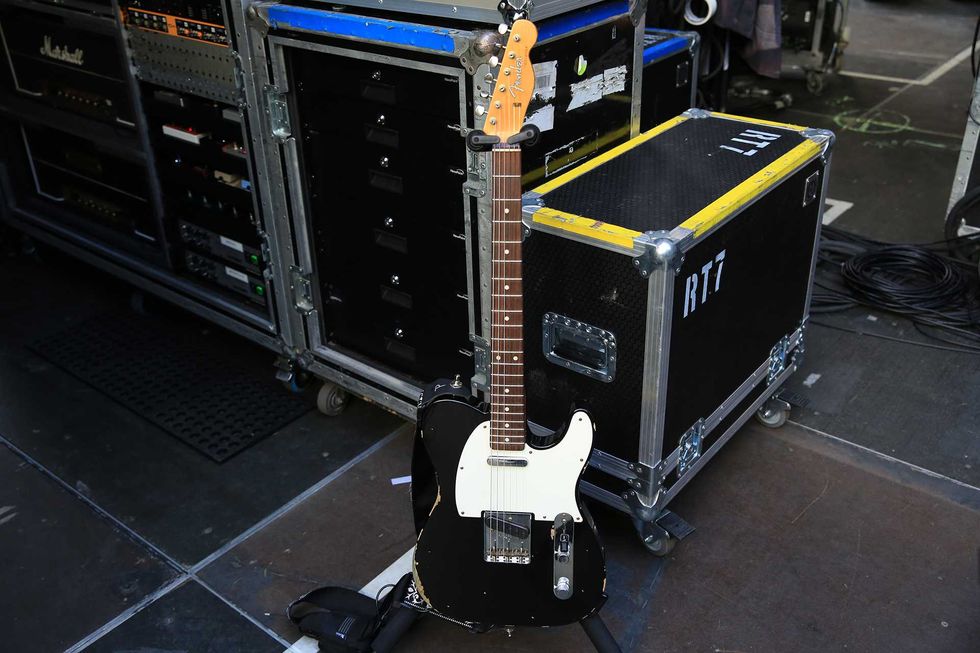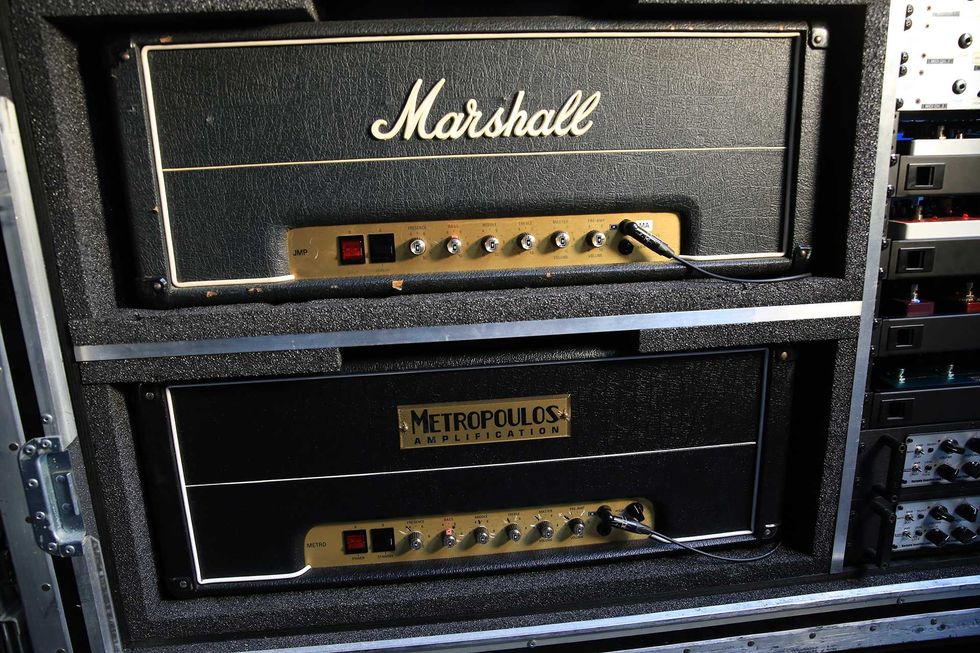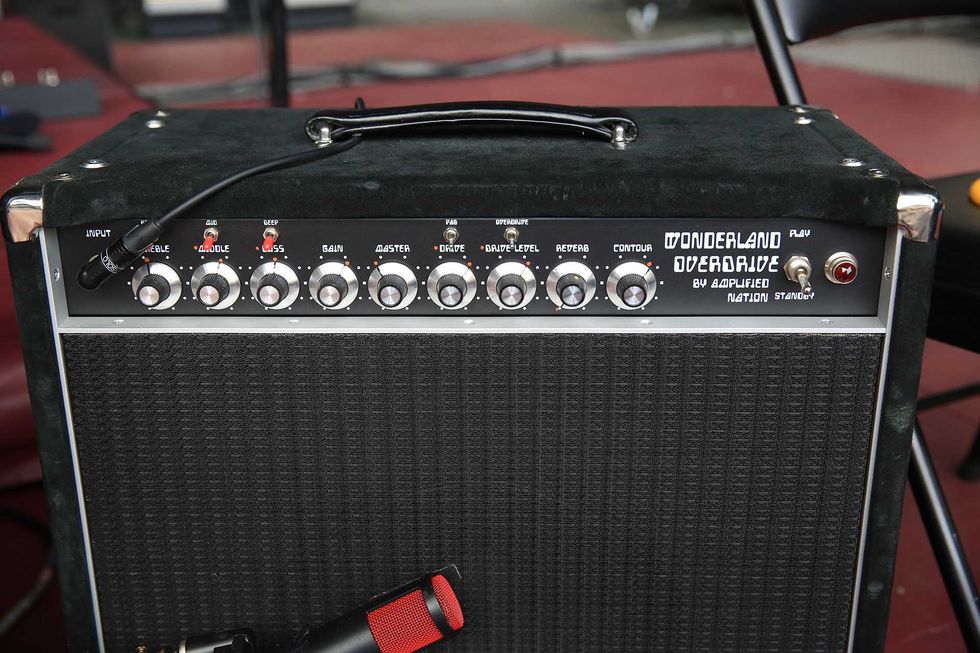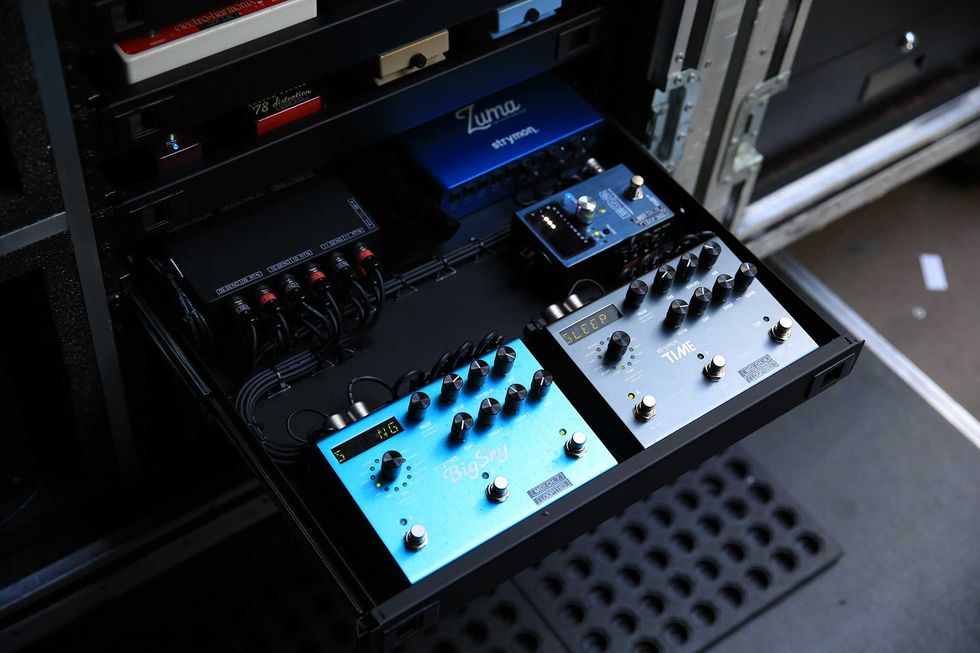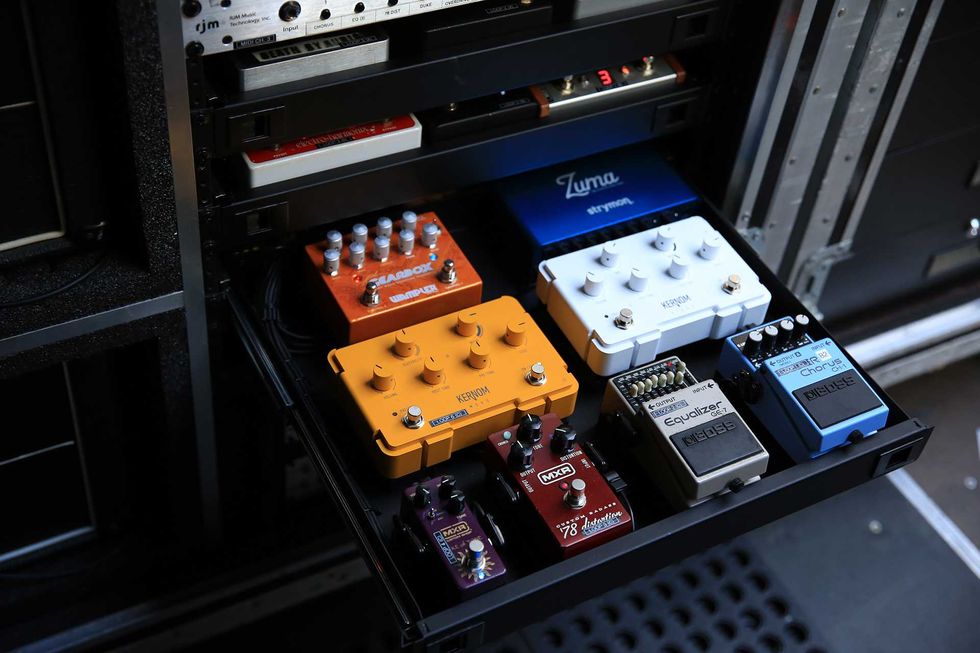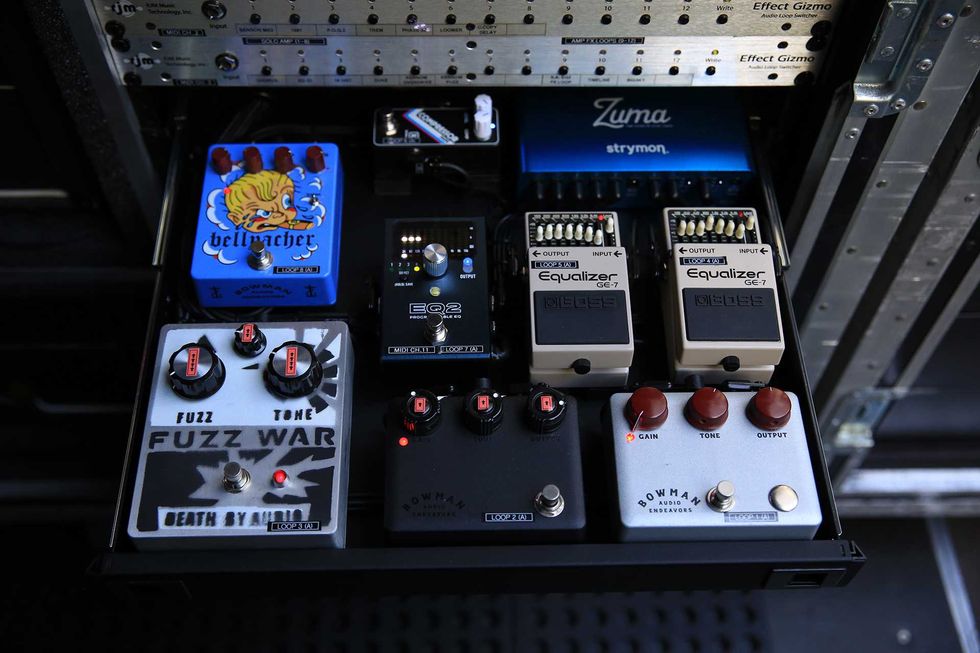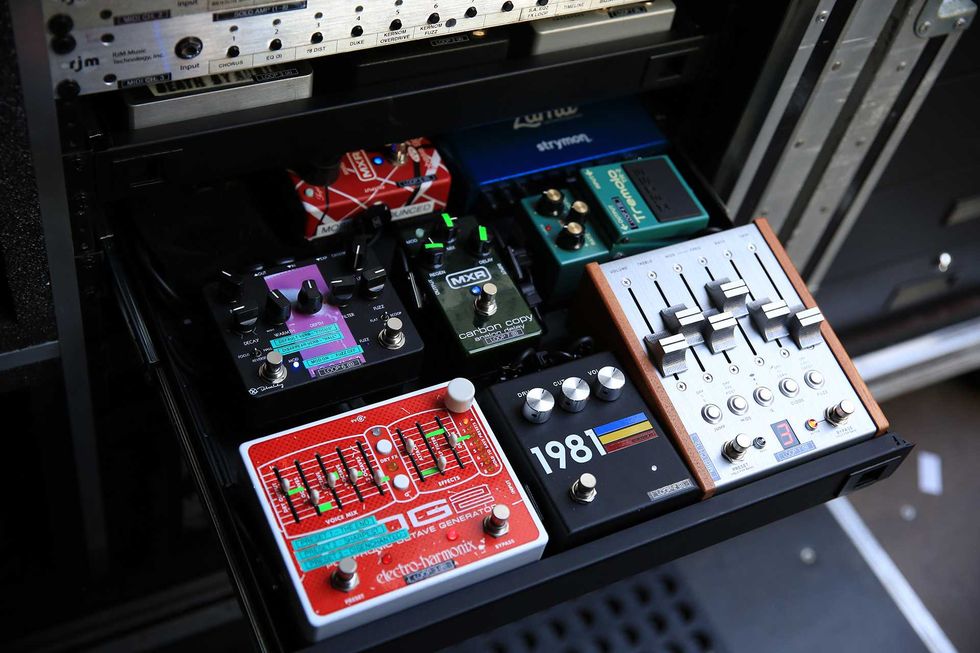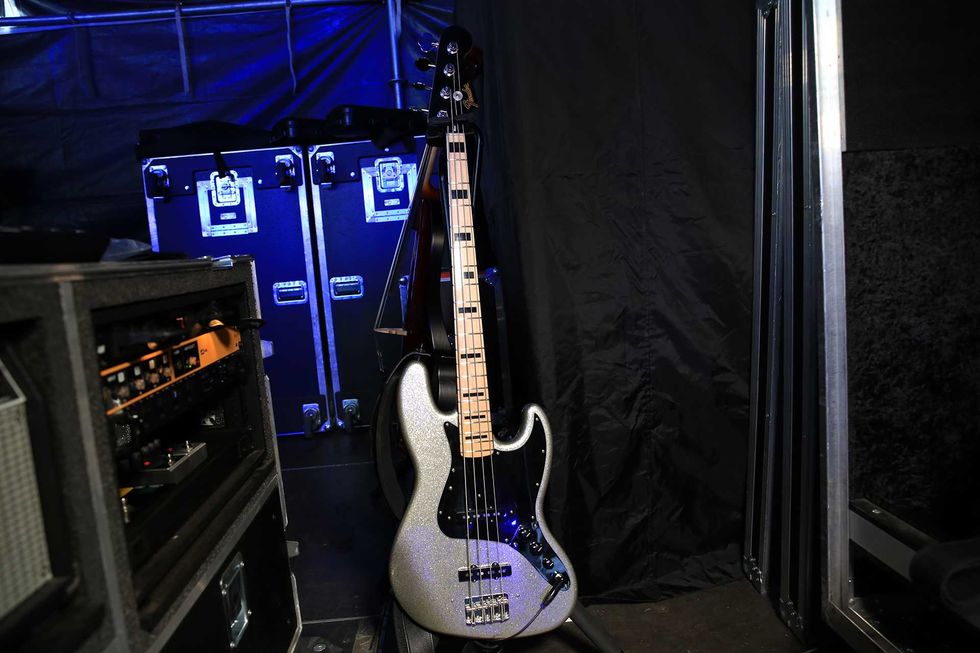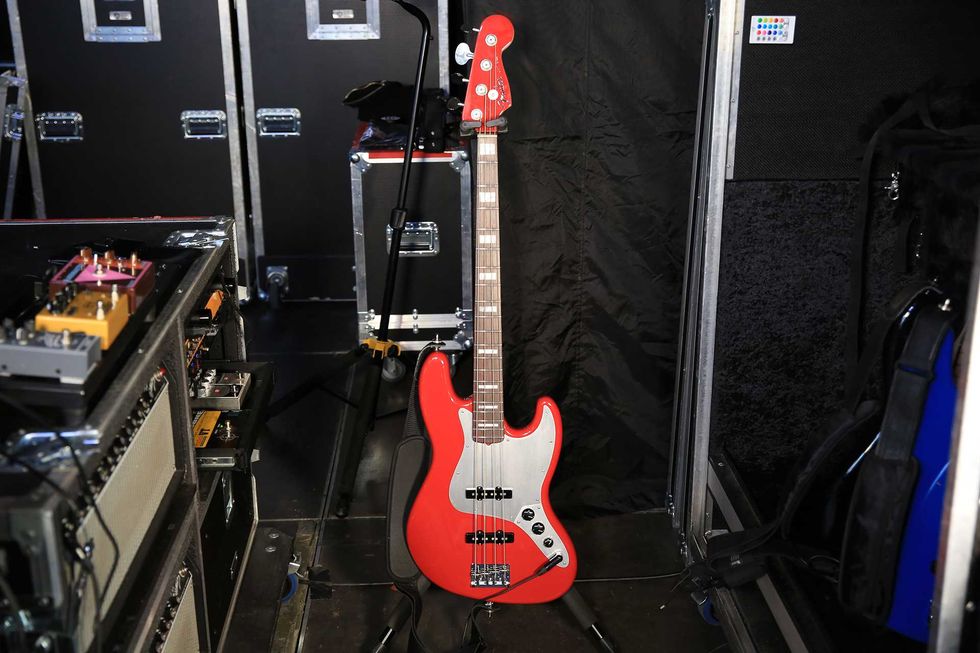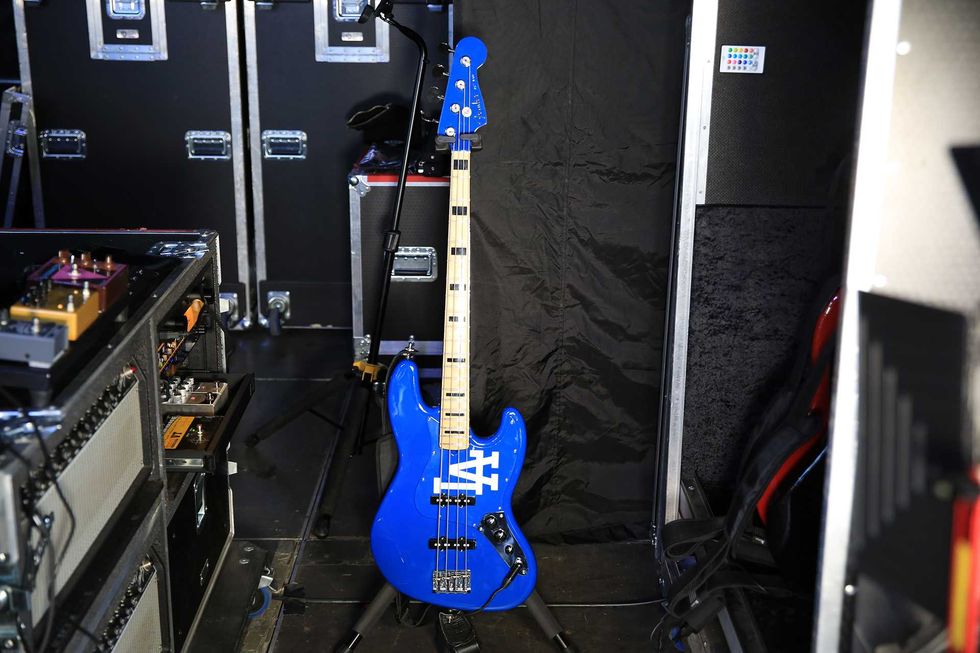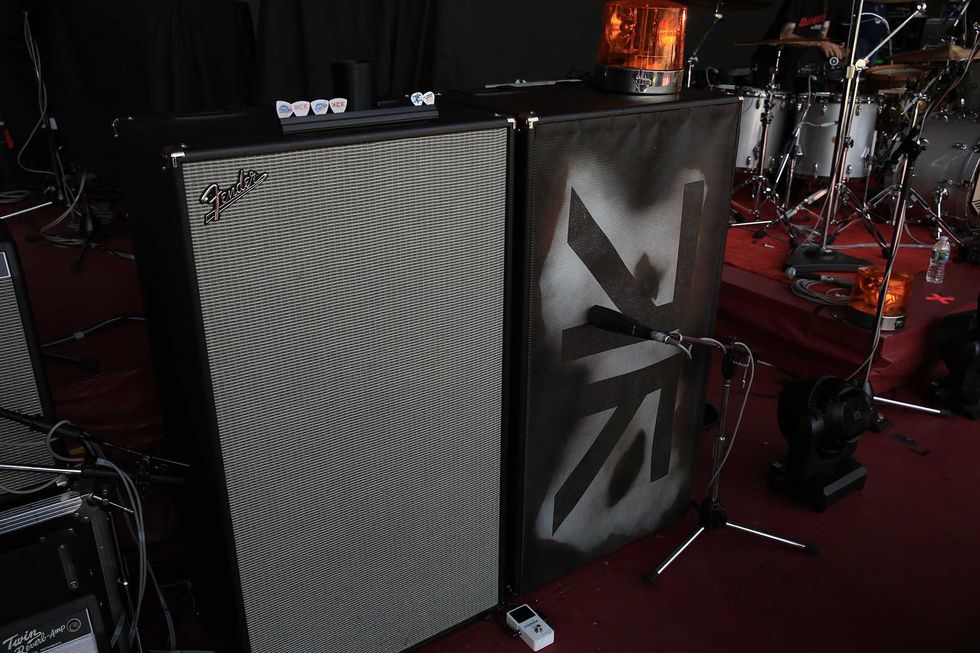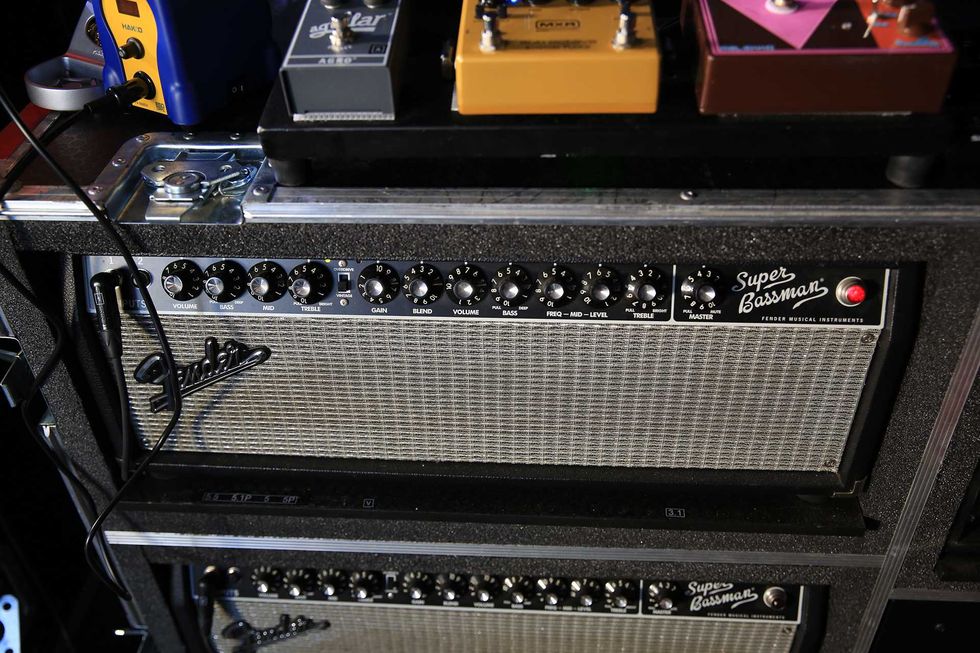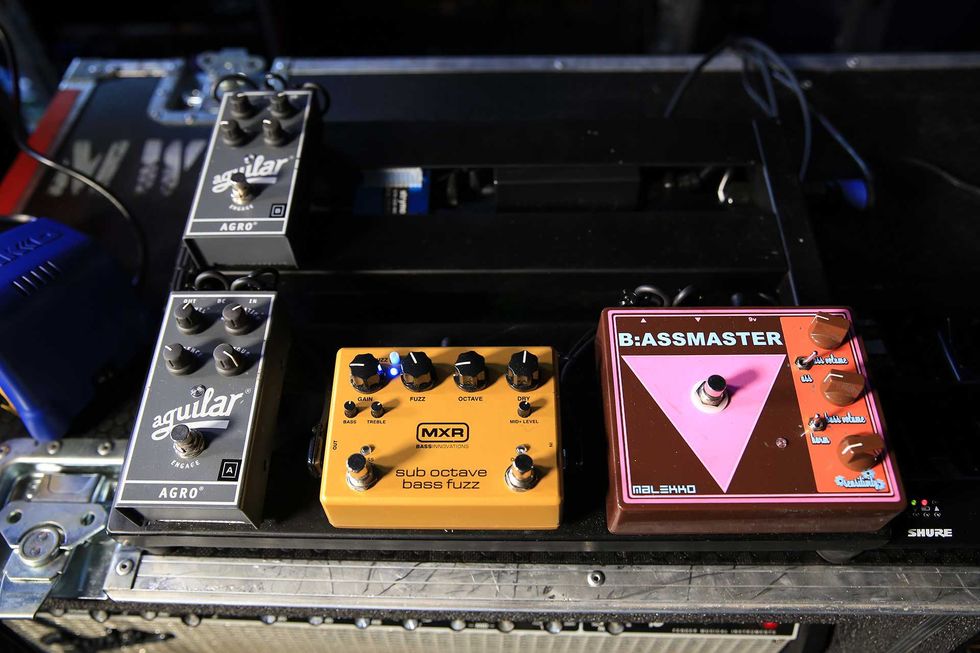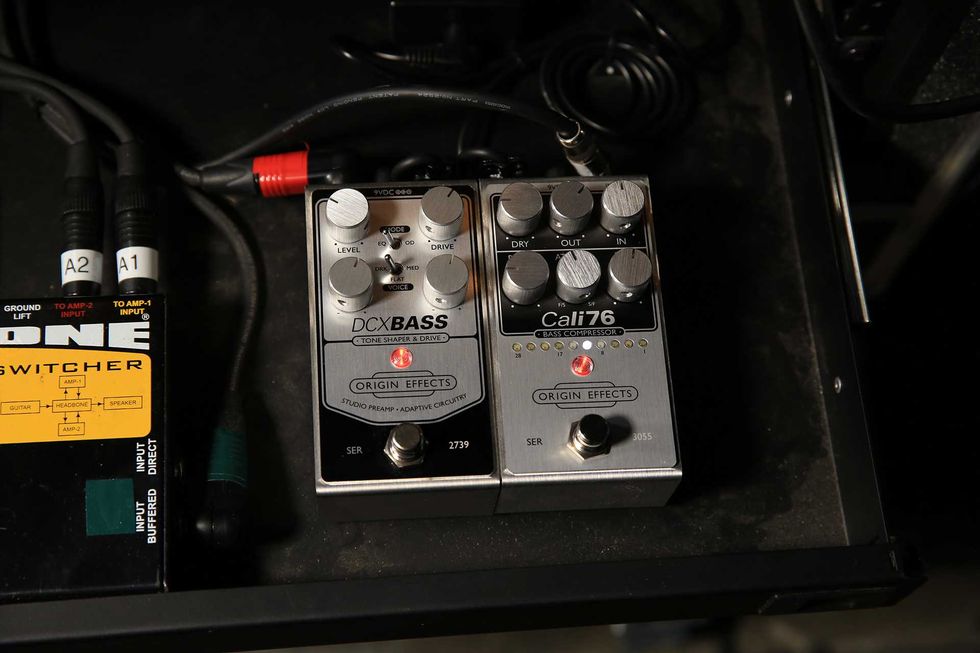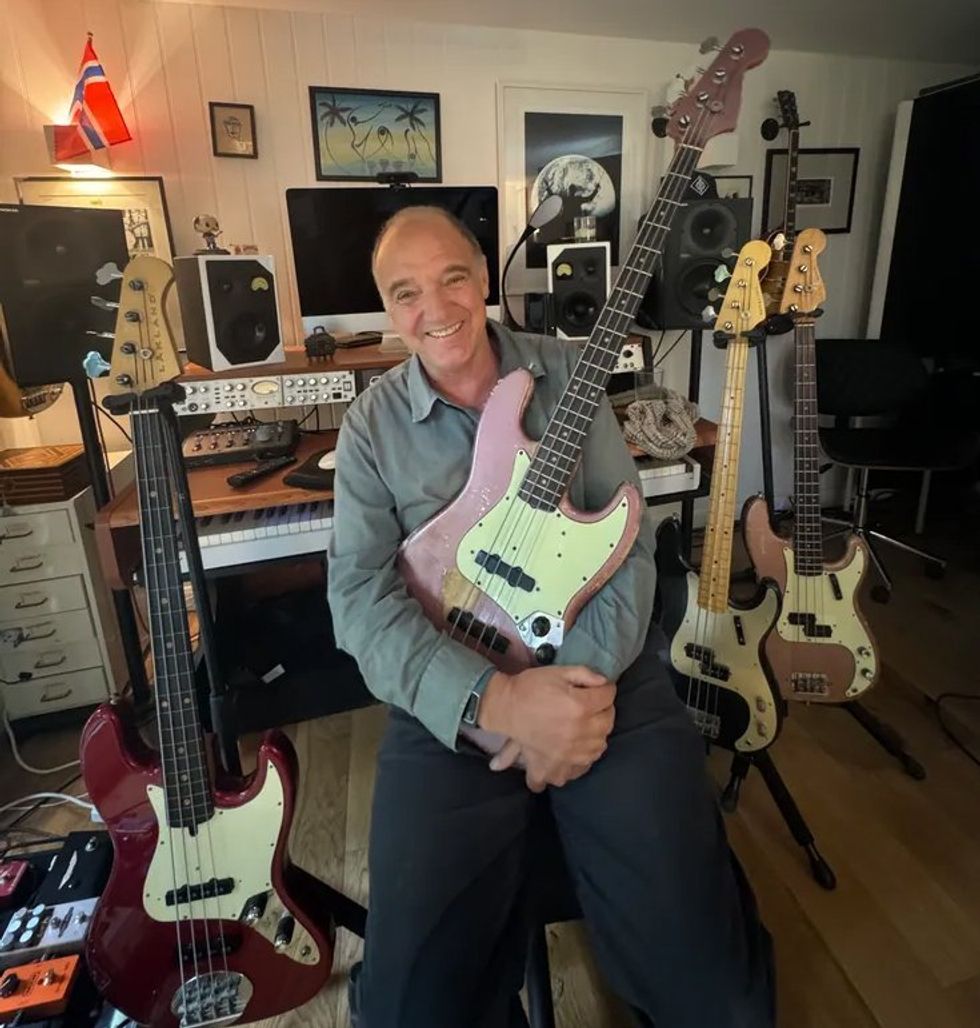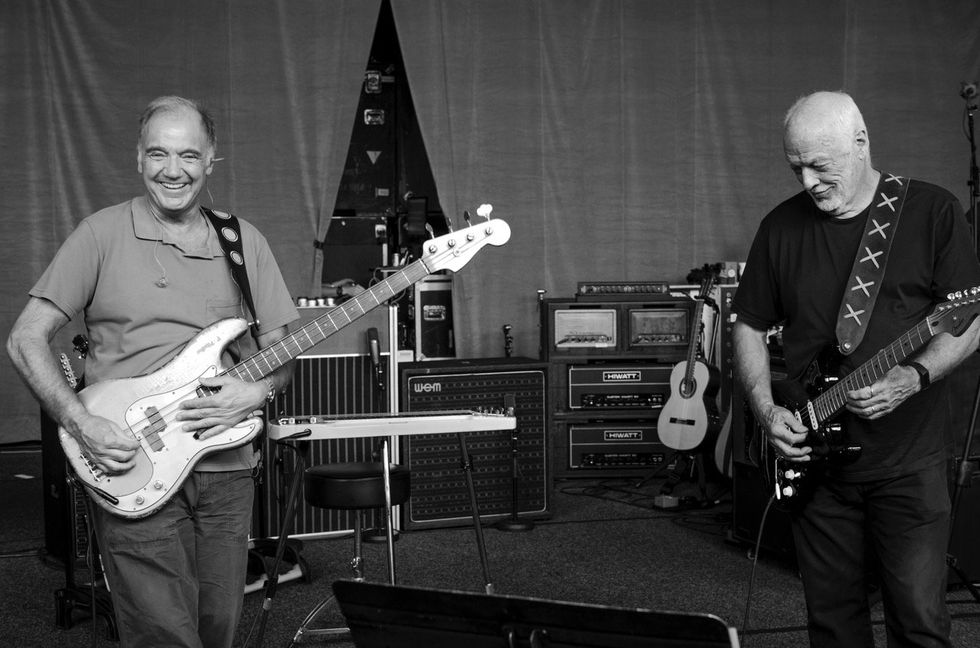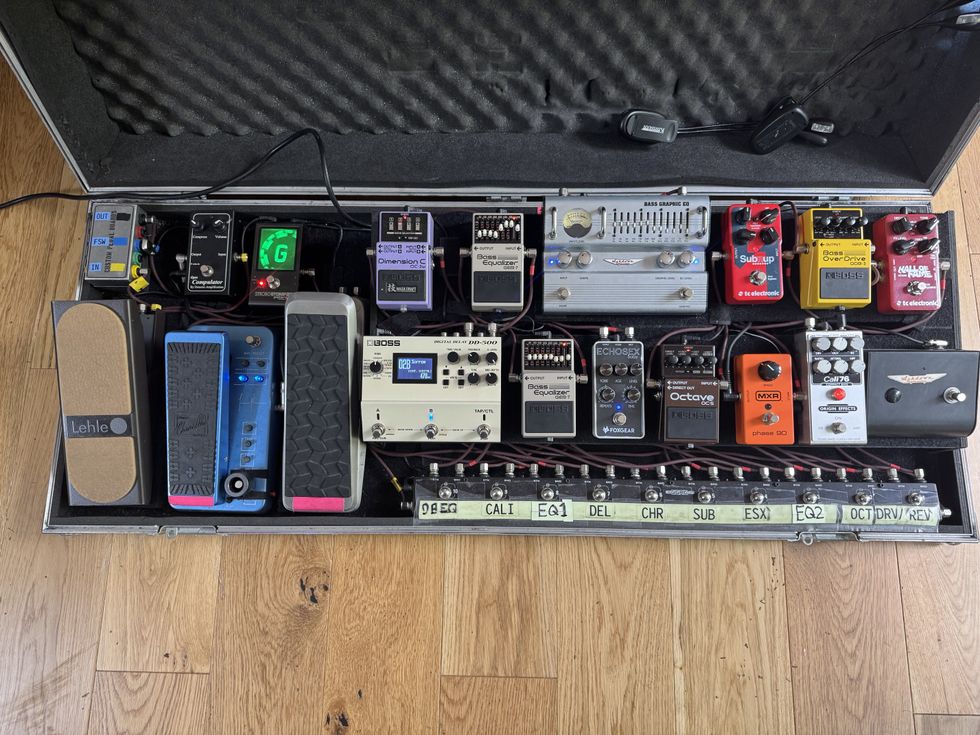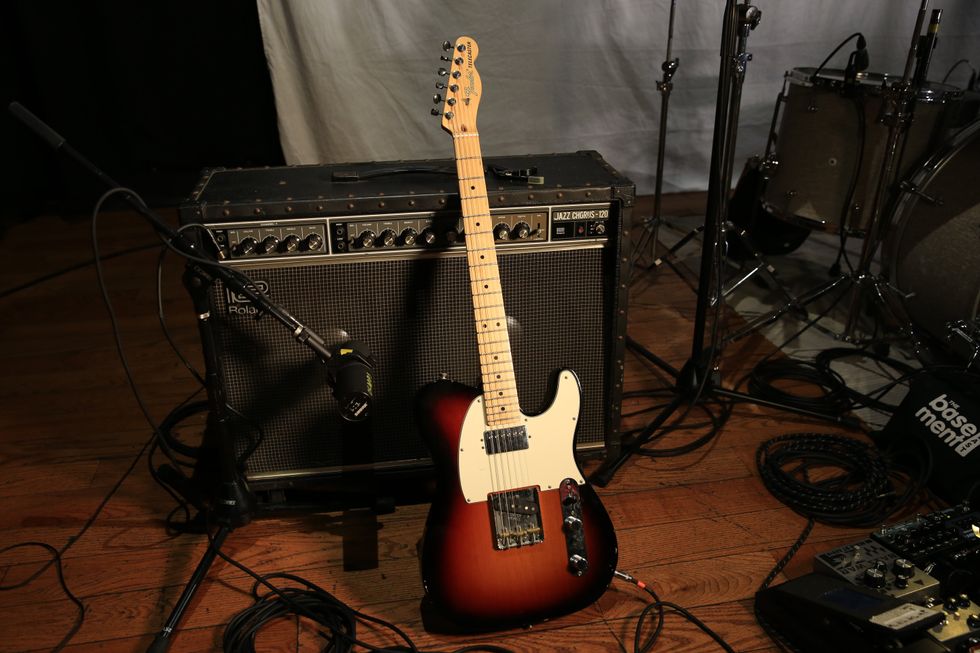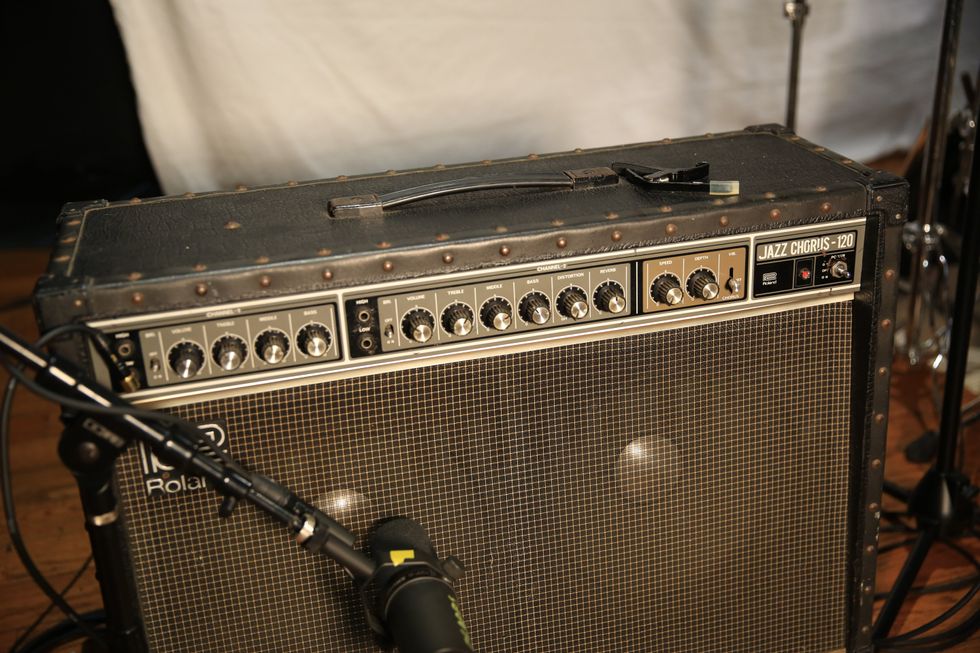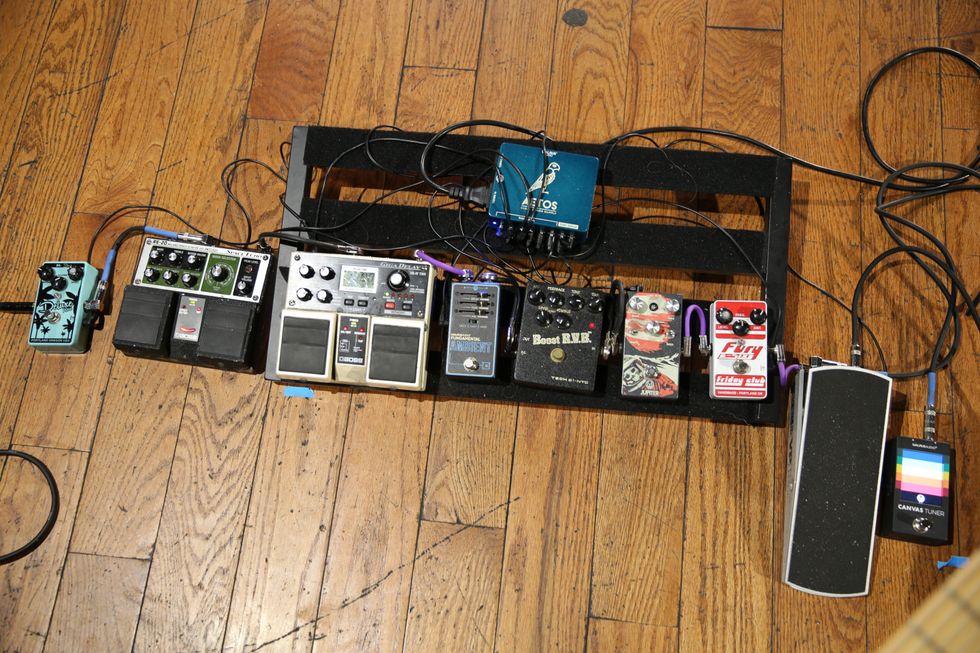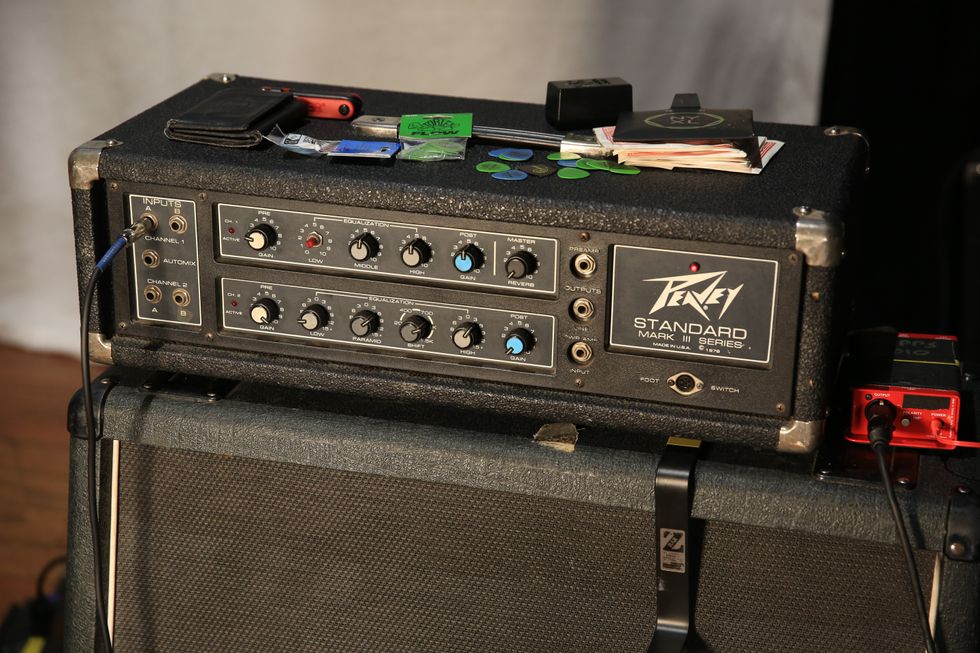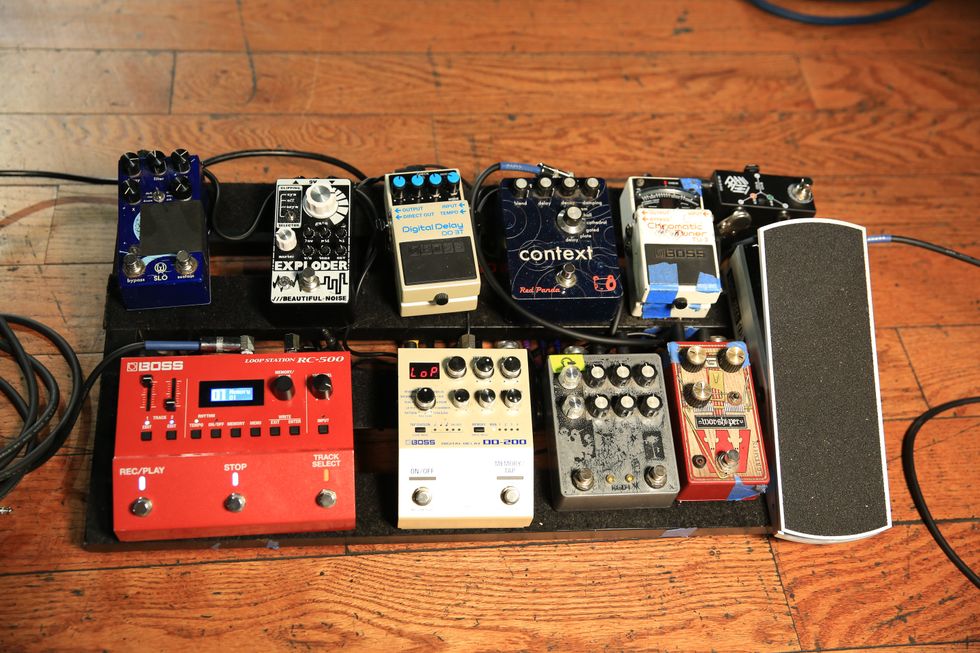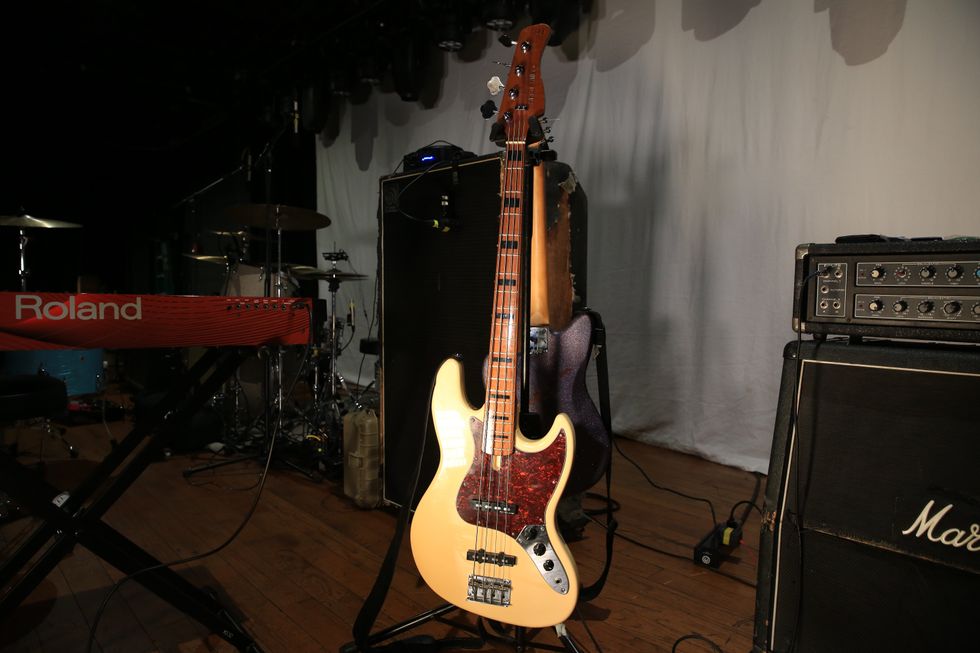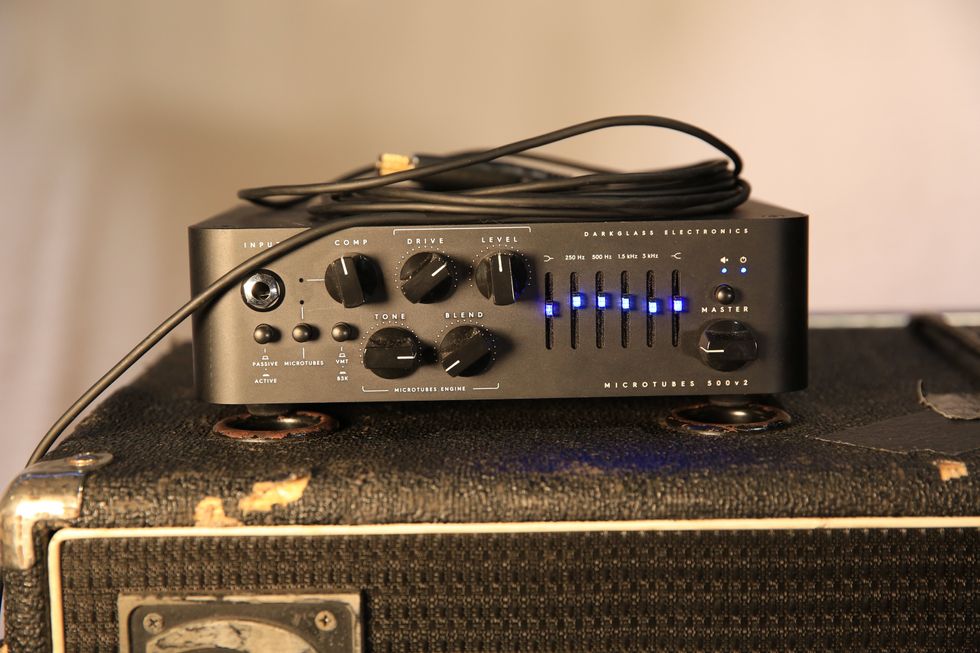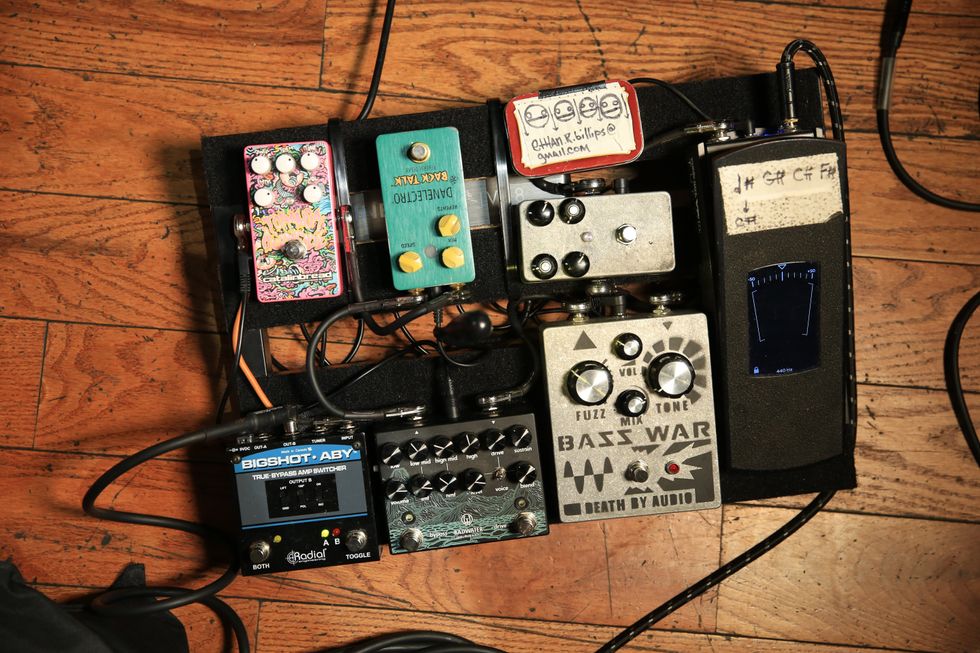“For as long as the guitar has existed, guitar lovers have had two choices—live with a temperamental and out-of-tune instrument or make frequent trips to the shop for setups.
Not anymore. All you have to do is play it."
This was the central advertising message for a new Gibson offering in December 2007, at least according to some articles and forums. (Gibson appears to have completely eradicated its existence from their website.) For those who don't recall, the aforementioned passage is from the introduction of the “Robot Guitar," a marriage of a Gibson Les Paul with an automated tuning system designed by German company Tronical. The proposed revolution, however, was soon cancelled, and the business partners found themselves dealing with courts in both the U.S. and Germany.
Think about this: According to the aforementioned marketing text, we've all essentially been unable to tune and adjust intonation on our own. Unless, that is, the copy was meant to say something about the instruments?
Sure, it's not uncommon to bash on Gibson, but one has to respect that they have at least attempted to move into new territory, whether it was the Robot guitar, the partially digital Firebird X, or the Chameleon guitar. It was clear from the beginning these instruments weren't meant for everyone, but it's not like their classic models weren't available anymore.
Gibson claimed their tuning system was an industry first, but it wasn't. Around 1990, TransPerfomance—who now go by AxCent Tuning Systems—introduced a self-tuning mechanism. It required massive mods to the body, however, and was pretty pricey, too.
Tronical's initial system was also quite expensive and laborious. Six individual bridge piezos took the strings' signal and—using the strings as a carrier—a processor commanded separate servo motors on the headstock to get them to the desired pitch. As with the AxCent system, one could easily dial-in different presets or self-programmed tunings.
Tronical's later versions featured pitch-detection directly at the tuners, so the whole system of detection, servos, and power supply could fit on the headstock. Tronical's systems are still available as a retrofit for many of the most-common guitar models. They're also now at a way lower price point.
It may not come as a surprise, but, alas, none of these systems ever emerged for basses. As bassists, should we be furious to be ignored once again, or happy that nobody dares offer these gimmicks for us? Of course, there are a lot more different tunings for guitar than bass and rarely is a bassist changing tunings mid-song. If so, a D-tuner is almost always sufficient. Still, it would be cool to see a system made exclusively for Michael Manring!
The problem is not string-tension. The single-string equivalent “tensions" range from 20 pounds on electric guitar, 40 pounds on bass, and 60 pounds on double bass. There are surely servos or gears to handle those loads, but is it worth it to add extra weight on the headstock of our already notoriously neck-heavy instruments? Not really. And because we already have a rather tuning-stable instrument and so few alternative tunings, we just aren't the right group of potential customers for robotic tuning.
There is a sort of a poor-man's alternative called the “Roadie Bass" (Photo 1), which is a half-automatic single-string tuner that can be used for a variety of instruments with pegheads. “Half-automatic" just means you have to hold the Roadie on one tuning peg at a time. Press a button and it tunes to the selected pitch. And once pitch is achieved on a string, the device automatically readies itself for the next one.
I'm not really sure if this one-by-one, half-automatic tuning is a solution for stage use. A pedal-style tuner like TC Electronic's Polytune might actually be faster since it offers a quick check by strumming all the strings at once, even mid-song. Sure, it requires a bit more work, but it can be considered a little more old-school since you're actually using your hands.





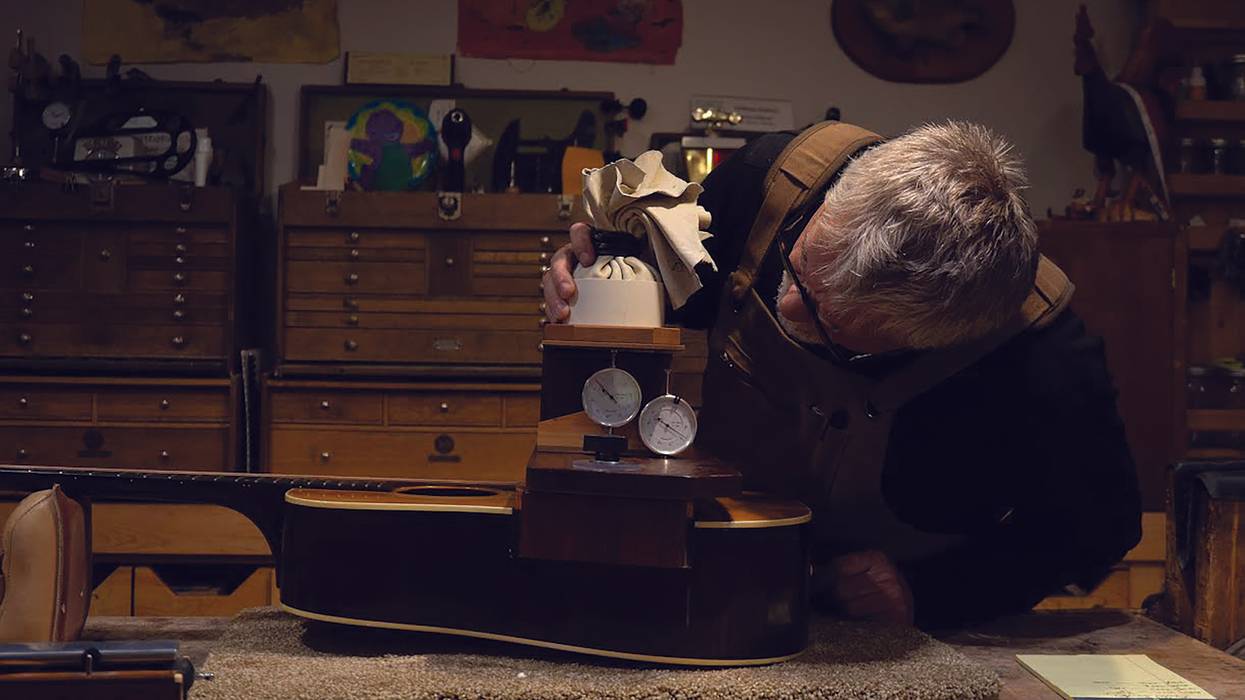
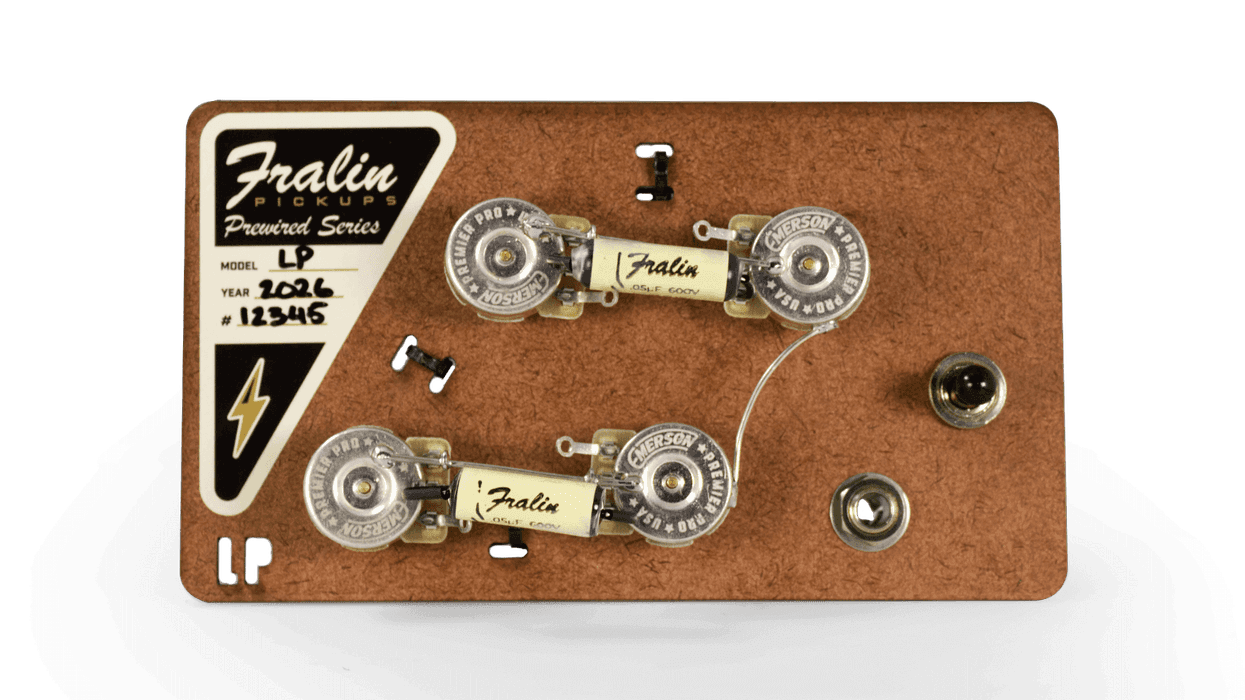
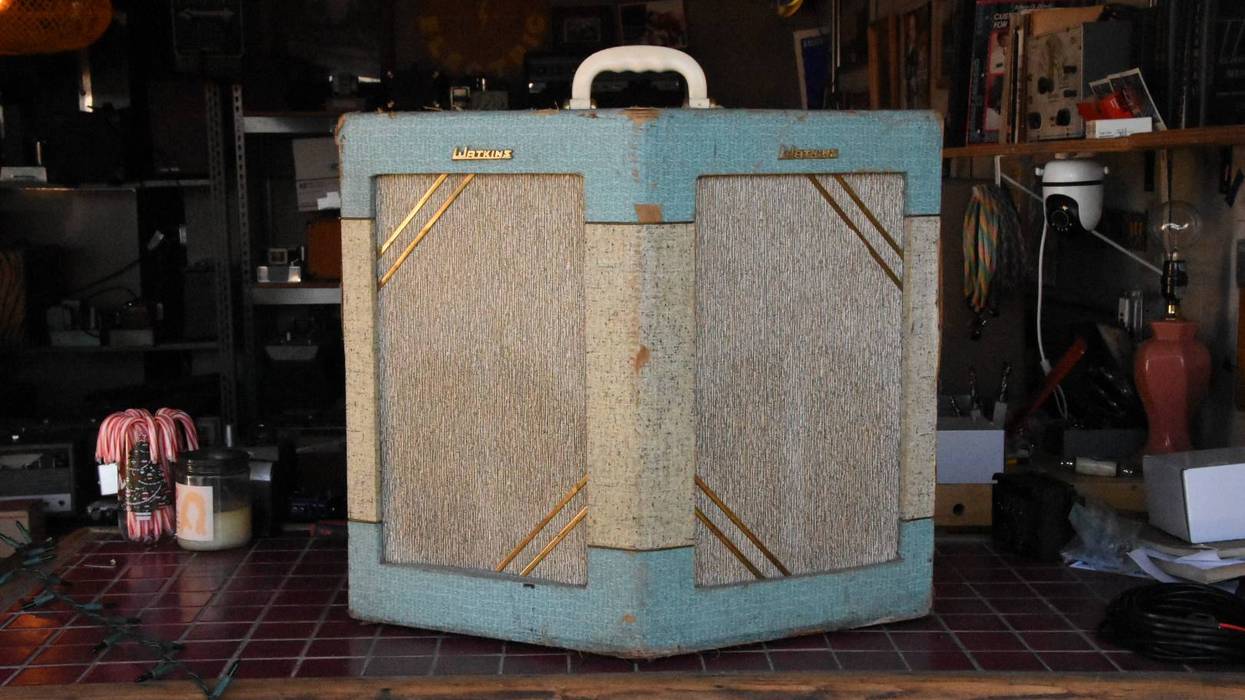
![Rig Rundown: AFI [2025]](https://www.premierguitar.com/media-library/youtube.jpg?id=62064741&width=1245&height=700&quality=70&coordinates=0%2C0%2C0%2C0)












 Shop Scott's Rig
Shop Scott's Rig



